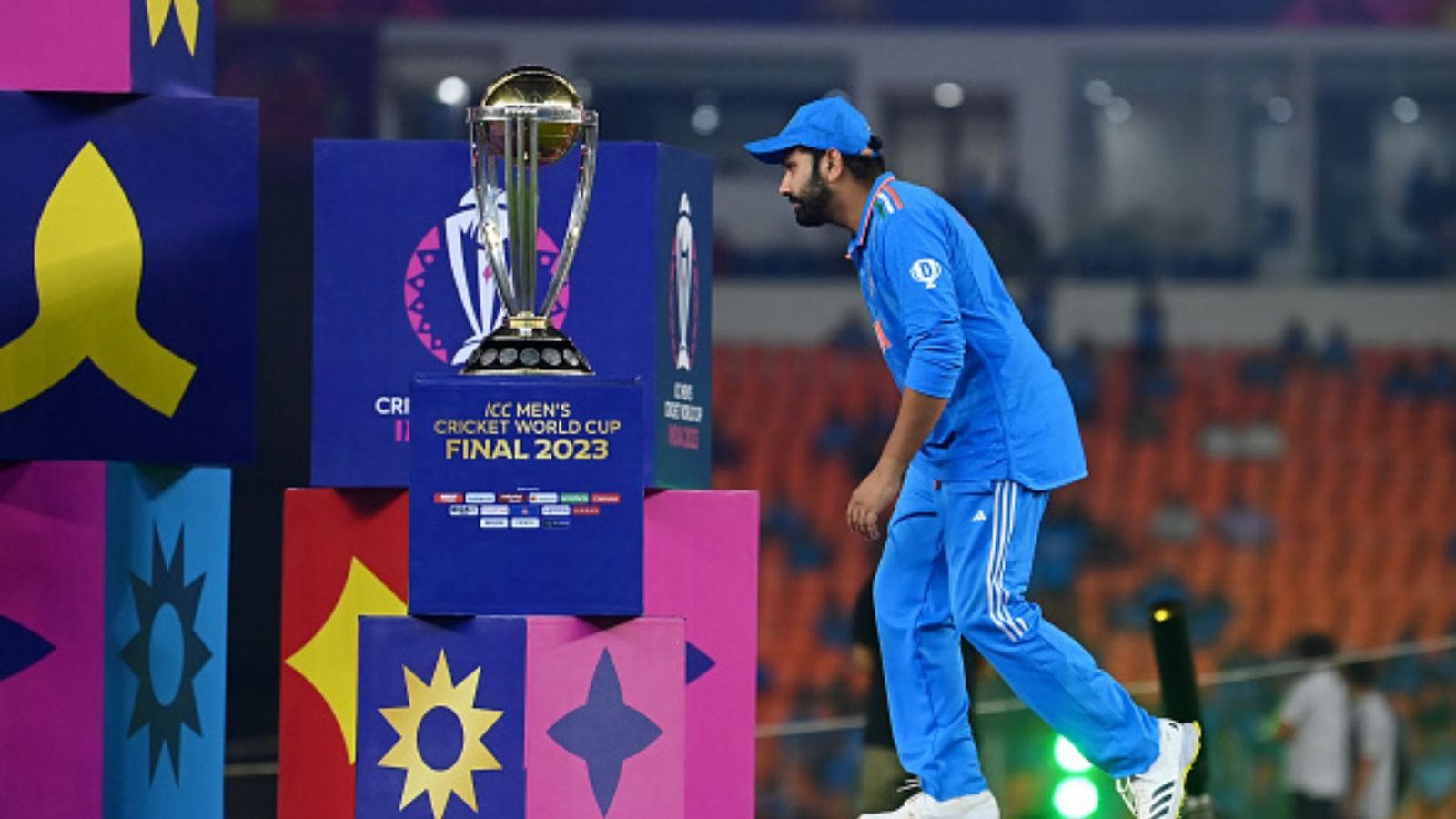In the World Cup 2023 final, India faced a disappointing defeat to Australia by six wickets, a result that Nasser Hussain attributes to India's long tail and their inability to adapt to the pitch conditions. Leading up to the final, India had shown dominant form, remaining undefeated, but the final match at Ahmedabad's Narendra Modi Stadium presented a different challenge.
The Australian team won the toss and chose to field first, putting India to bat on a slow pitch that favored the bowlers. The Indian batting lineup, usually robust and aggressive, faced difficulties in building momentum. The team experienced a significant blow early in the innings, losing both Rohit Sharma and Shreyas Iyer, which left them reeling at 81-3.
Despite the setbacks, Virat Kohli and KL Rahul tried to steady the innings with their half-centuries, scoring 54 and 66 runs, respectively. However, their cautious approach couldn't lead India to a commanding score, and the team was eventually restricted to a total of 240 runs.
Australia's response to India's total started with initial struggles, as they were at 47-3 within the first seven overs. The game's momentum shifted with Travis Head's brilliant batting, scoring a crucial century of 137 runs. Marnus Labuschagne supported well with an unbeaten 58, and their partnership of 192 runs became the cornerstone of Australia's victory.
Nasser Hussain, in his analysis for Sky Sports, pointed out that India's depth in batting, especially the tail-enders' inability to contribute significantly with the bat, was a key factor in their loss. He observed that the conditions of the pitch played into Australia's hands, and India's reliance on just four bowlers who lacked batting prowess affected their approach, leading to more conservative innings from Kohli and Rahul.
"India are still a great side - but the pitch brought Australia into it," said Hussain.
"India's four bowlers not being able to bat that well came back to haunt them. That's why Rahul and Kohli couldn't go hard.
"They were worried about Shami at No 8," said Hussain," he added.
Hussain concluded that while India remains a strong team, their strategy and lineup composition in the final, particularly under challenging pitch conditions, were crucial factors that led to their downfall in the highly anticipated World Cup 2023 final.
MORE ON SPORTS TAK:
Rohit Sharma, Virat Kohli and more: 6 Indian stars who won't feature in another ODI World Cup
'I don't know what's there in future': Rahul Dravid uncertain about head coach role after World Cup 2023 final loss


